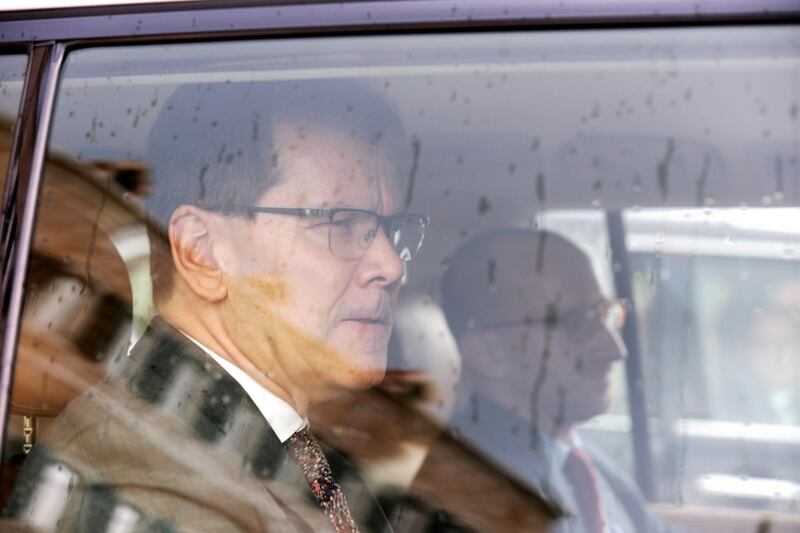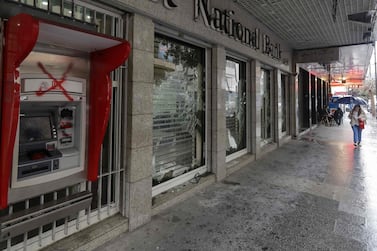Last week, Hezbollah – the Iran-backed militant political party that controls the Lebanese parliament – warned that the government in Beirut would have a “popular revolution” on its hands if it accepted an aid package from the International Monetary Fund.
Every member of the fund, including Lebanon, has the right to request financial assistance from it. Lebanon has been in desperate need of such assistance, as the country has been grappling with its worst economic crisis since the end of a 15-year civil war in 1990 and waves of protests against the government over the last six months.
To compound the issue, Lebanon is being afflicted with a rapid spread of coronavirus in the country, thought to have started three weeks ago with a Lebanese national returning from Iran, which has the highest number of coronavirus cases – and deaths – in the region. Ever keen to put solidarity with the Iranian government above the interests of its own people, Lebanon’s Hezbollah-backed government waited until Tuesday to halt flights between Iranian airports and Beirut.
IMF officials have been in talks with the Lebanese government for months – though, as a result of Hezbollah’s obstruction, the most the fund has been allowed to do is offer limited “technical assistance”.
There are a few reasons that Hezbollah would rather that IMF money was kept out of Lebanon’s state coffers. The first is that assistance would come with a range of conditions – including the implementation of austerity measures, which will prove unpopular among Hezbollah’s base.
Second is that outside assistance from the IMF on the scale of what Lebanon needs would send a formal signal to the international community that Hezbollah is a poor steward for the Lebanese state. This is already apparent to many – hence the protests in Beirut and the reluctance of Western countries to step in as single donors. But to file a financial assistance request to the IMF would be to put it all in writing.
Another reason is to do with Hezbollah’s penchant for rhetoric and propaganda. The Hezbollah deputy leader, Sheikh Naim Qassem, has labelled the IMF a tool of the US, and warned that giving it influence over Lebanon’s affairs would risk turning the Mediterranean nation into an American marionette. Hezbollah would rather, of course, that its strings were pulled from Tehran.
But yesterday the Iranian government announced that, last week, its own central bank governor, Abdulnaser Hemmati, had formally reached out to the fund, asking for $5 billion in emergency assistance to deal with its own coronavirus outbreak. On Instagram, he emphasised Iran’s right to draw from the fund, stating that “no one should lose their life due to a lack of funds”.
Mr Hemmati’s strenuous effort to justify his actions was unnecessary. The coronavirus has infected at least 10,000 Iranians and killed more than 400, according to the country’s own official figures. Iran needs the money, and ordinary Iranians deserve help. And if the coronavirus continues to spread across the country, it may be Tehran that fears a popular revolution.
But if Iran is willing to use a so-called “American tool” to pull itself out of a full-blown crisis, why shouldn’t its client, Lebanon? If Iranian lives should never be lost due to a lack of funds, why should Lebanese lives be so exposed?
There is a difference between a financial assistance package and rapid emergency funds. But as the ongoing economic and health crises in both countries merge and peak, the average person on the street will very quickly begin to see that difference as merely semantic.
Sulaiman Hakemy is deputy comment editor at The National






